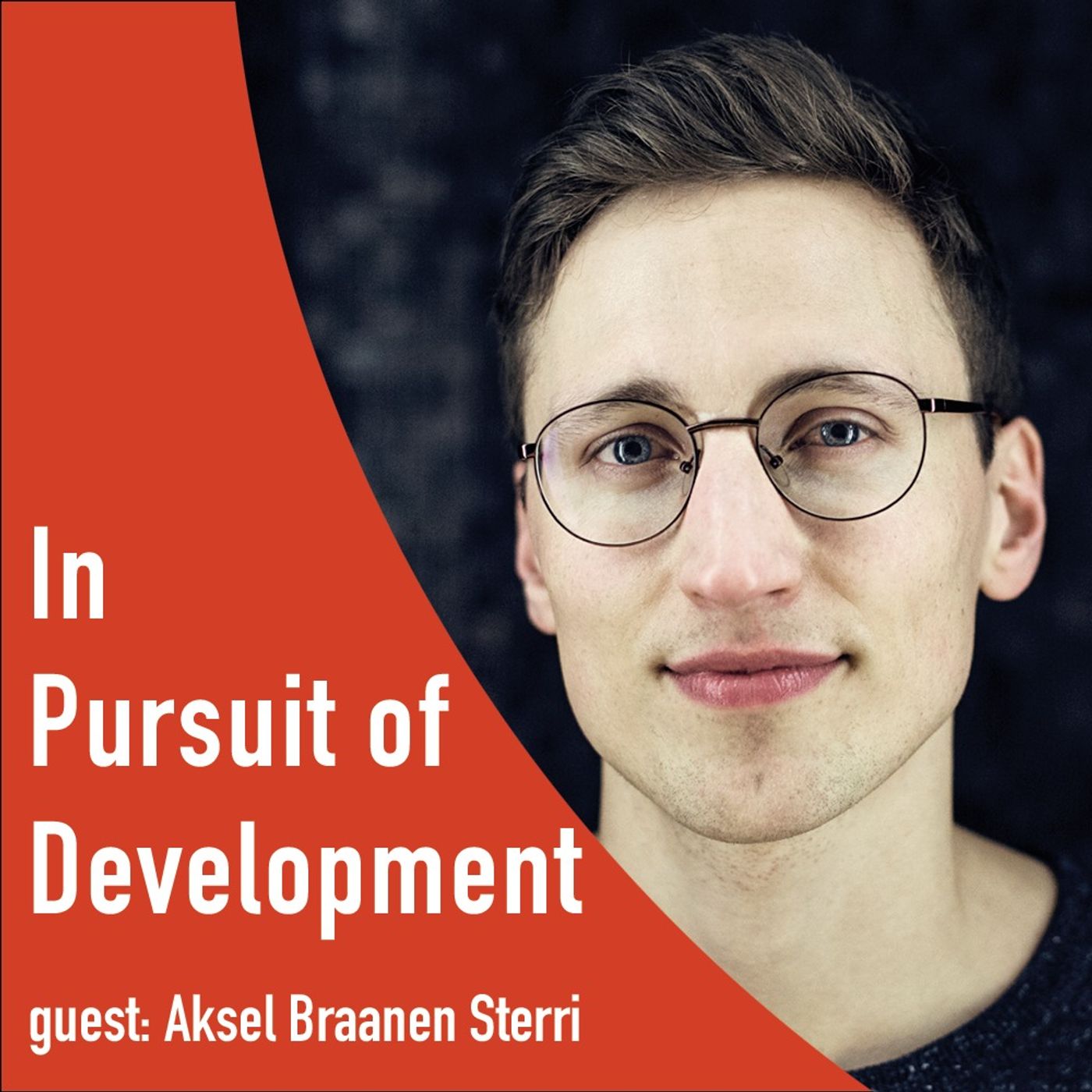How to distribute a Covid-19 vaccine ethically — Aksel Braanen Sterri

As Covid vaccines become available, health officials, policymakers, philanthropic organizations and people like you and me are being confronted with numerous ethical challenges and moral dilemmas. Who should get the vaccines first and how long should others wait? What about the inequality of access to vaccines between countries?
Some of us may agree that rich countries have a moral responsibility to subsidize vaccination programs around the world. But how best can this be achieved? And what types of principles such as fairness, equity, effectiveness and reciprocity should we apply?
To discuss these issues, I am joined by Aksel Braanen Sterri, a Norwegian political scientist and philosopher who has recently argued that Norway should donate all its vaccines to low-income countries, and that Norway should be at the back of the vaccine queue rather than being in front. He also claims that helping these more needy countries ought to be viewed as an investment in our common future rather than an act of charity.
Aksel recently completed a PhD in philosophy and teaches applied ethics at the University of Oslo. In addition to being a postdoctoral fellow, he writes a column in an influential Norwegian daily and is a regular contributor to the Norwegian public debate on a wide range of social and political issues.
We discussed the role of philosophers in addressing current global challenges, the various proposals currently doing the rounds on how best the world can distribute Covid vaccines, why Norway and other rich countries ought to subsidise or donate vaccines to more needy countries and groups and what constitutes vaccine justice.
- Aksel Braanen Sterri on Twitter
- Dan Banik and In Pursuit of Development on Twitter
- Photo of Aksel Braanen Sterri by Matthis Kleeb Solheim